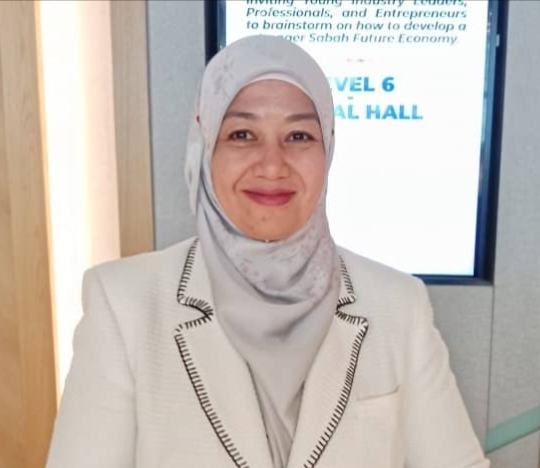KUALA LUMPUR : Imagine telling someone that a patch of rainforest in Sabah could one day be worth more than palm oil or crude oil. It sounds improbable. Yet, this is no fantasy! It’s unfolding in real time.
In July 2024, the Kuamut Rainforest Conservation Project, spanning over 83,381 hectares in Sabah, became Malaysia’s first locally certified, nature-based carbon credit initiative.
Independently verified by Verra’s Verified Carbon Standard and CCB Gold status, the project delivers an annual reduction of 800,000 tonnes of CO₂ equivalent which is roughly the emissions of 170,000 cars annually (Lee Hishammuddin Allen & Gledhill, Carbon Credits, SEADS).
These high-integrity carbon credits were sold through the Bursa Carbon Exchange (BCX)—the world’s first Shariah-compliant carbon trading platform, offering Malaysia a new strategic economic lever rather than a conservation charity (SEADS).
For decades, Malaysia’s economic strength was aligned with extraction of oil, rubber, palm oil, timber. The global economy, however, now favours climate credibility.
Countries that demonstrate verified environmental impact secure influence, trust, and investment. With BCX, Malaysia is turning environmental protection into monetisable credibility.
Sabah has institutionalised this paradigm shift. Carbon trading now requires a licence, and breaches carry fines up to RM 5 million, underscoring the seriousness of the market’s integrity.
This shift aligns perfectly with Malaysia’s broader economic momentum. In 2024, the country attracted a record RM 378.5 billion in approved investments, an almost 15% increase year-on-year, supporting over 207,000 new jobs (MIDA).
Notably, the services sector led with RM 252.7 billion, reflecting investor appetite for sustainability-linked industries. Sabah also targets 35% renewable electricity by 2030 via solar, hydro, and biomass projects.
Globally, the voluntary carbon market could swell to USD 50 billion by 2030. For Malaysia, keeping forests like Kuamut standing longer may yield more value than harvesting them. It isn’t just conservation, it’s strategic economic evolution.
Today’s investors demand transparency, accountability, and trust, not just incentives. Kuamut has become a symbol of Malaysia’s capacity to align environmental stewardship with economic growth.
In the era of carbon economies, Malaysia’s resilience may no longer rely on extraction, but on preservation. As Sabah’s rainforest enters global markets, one thing stands clear: conservation is no longer an act of charity, it’s national strategy.
By Nirvana Jalil Ghani
-pr/BNN






